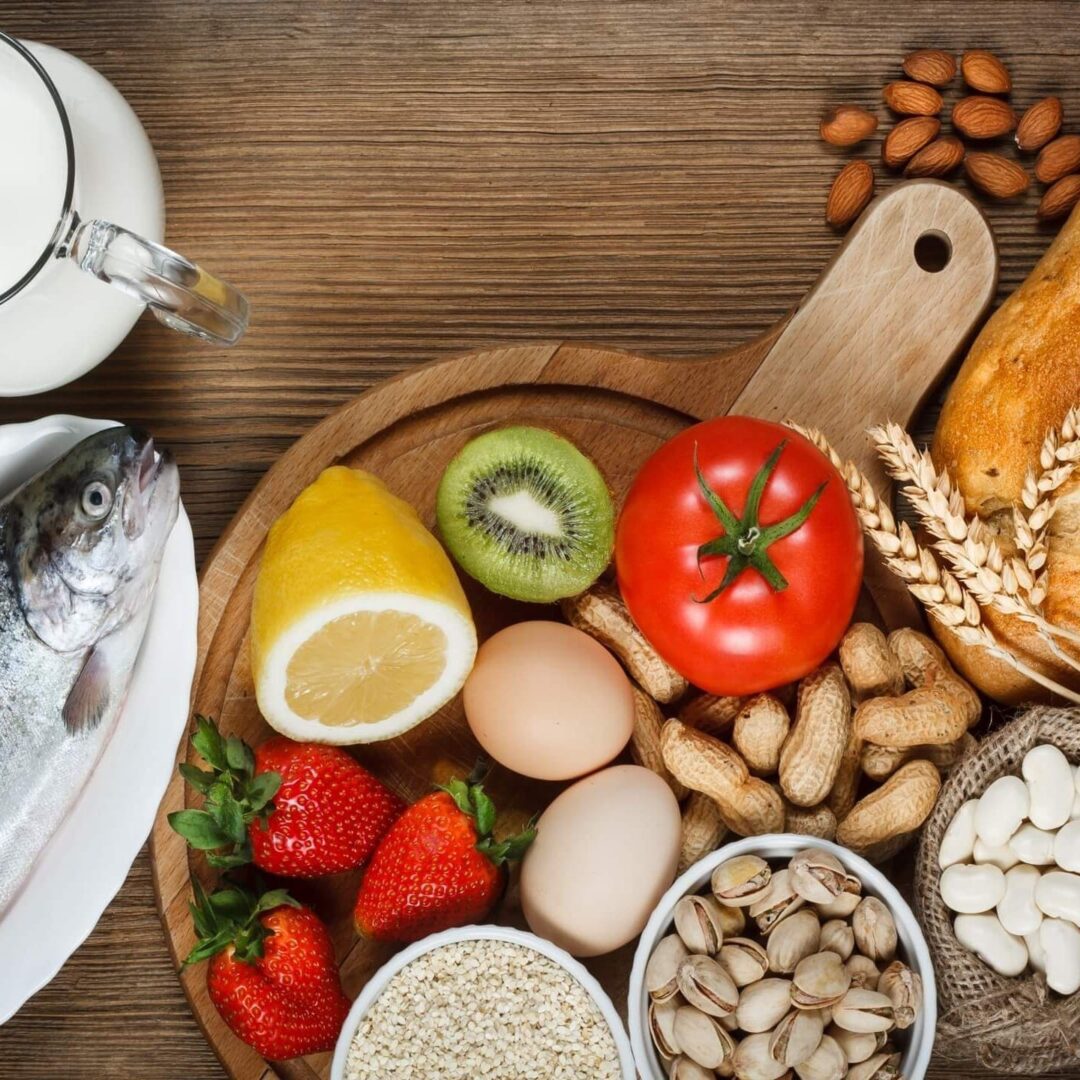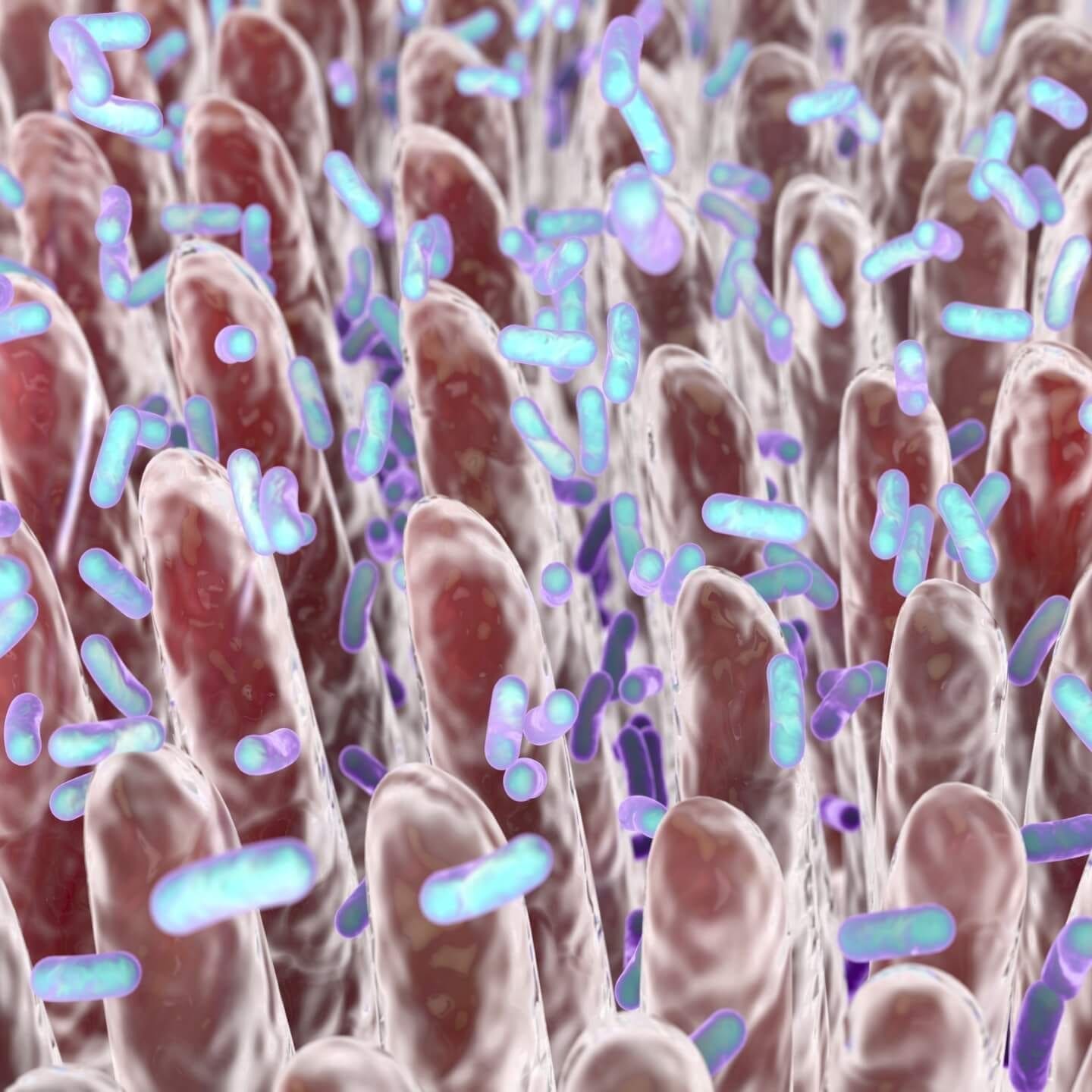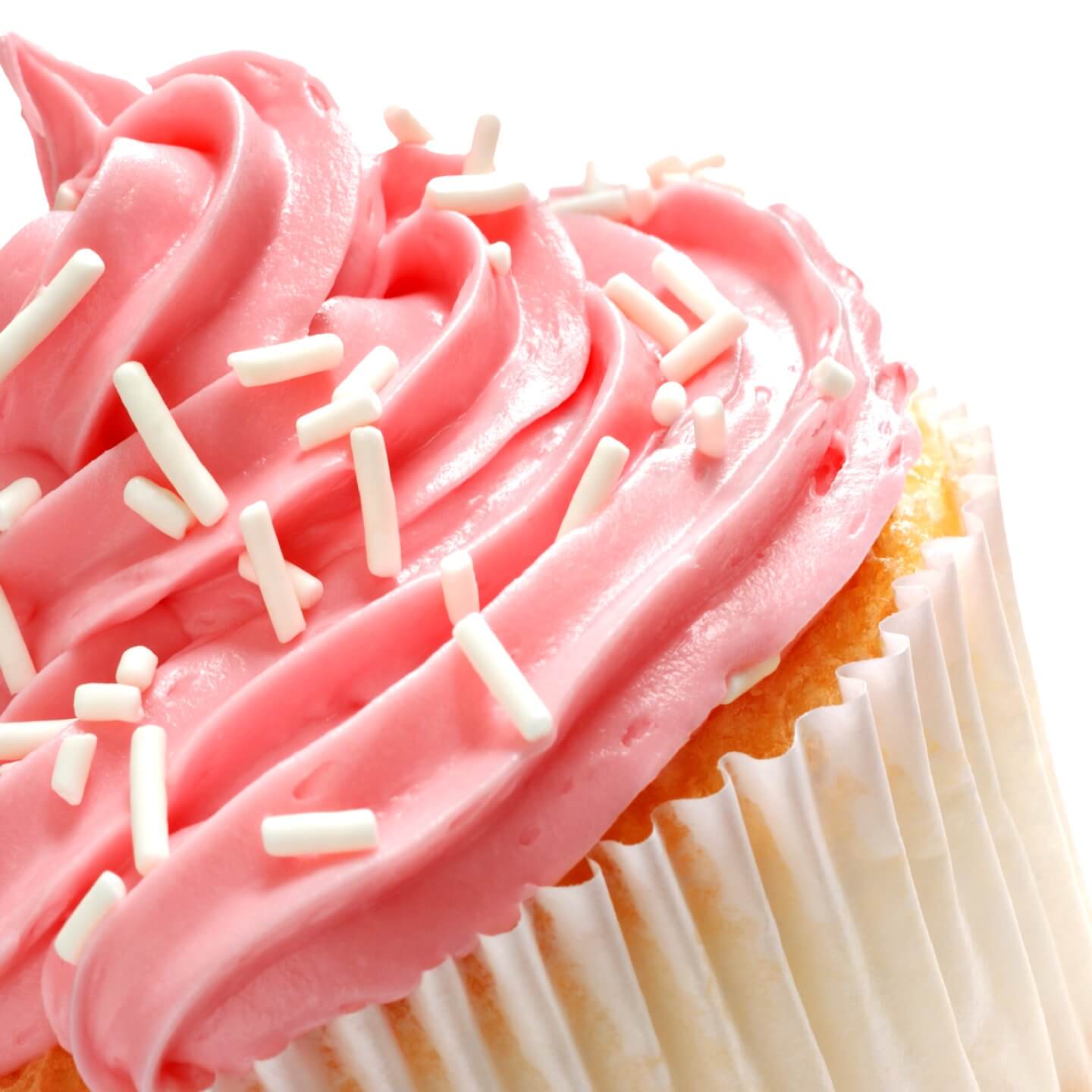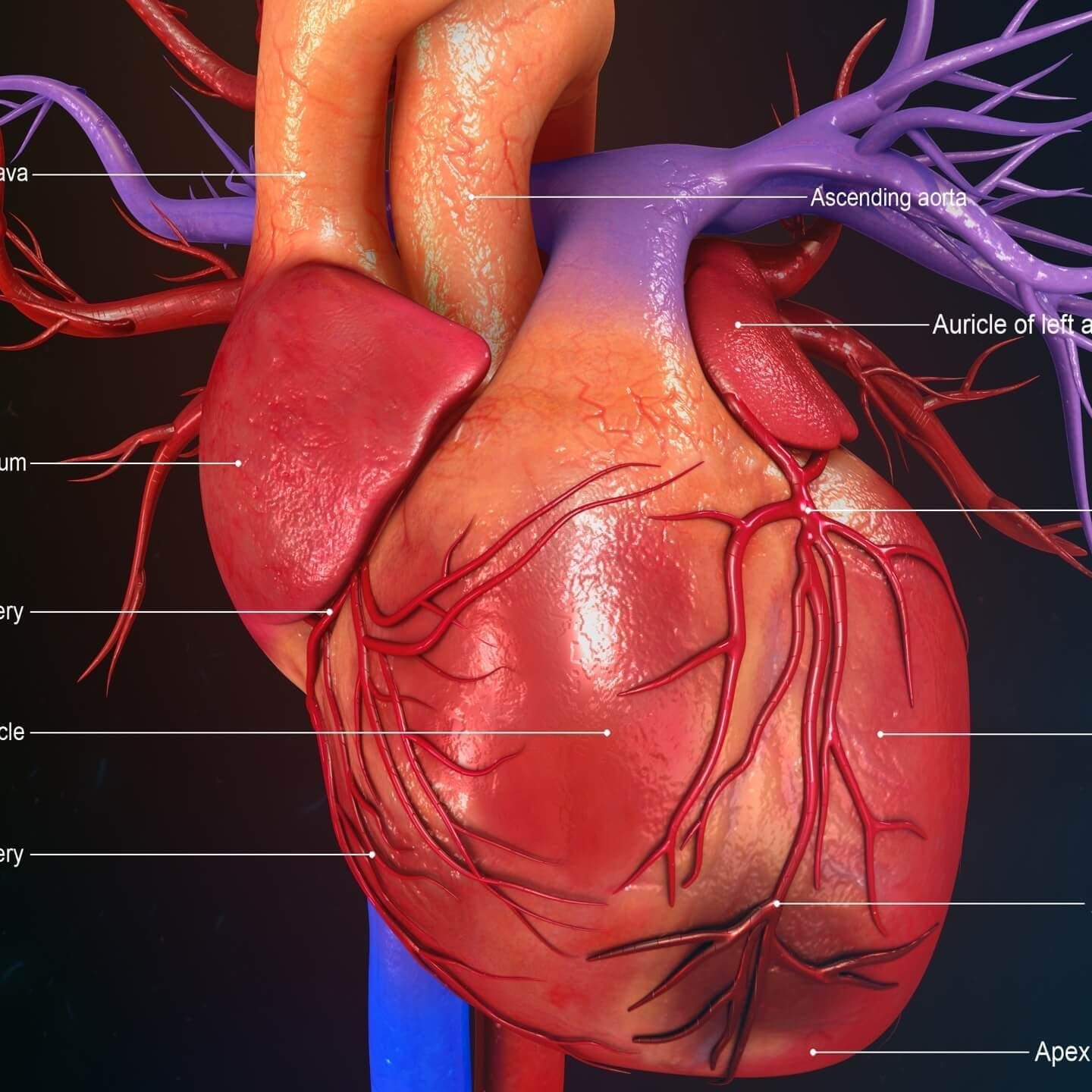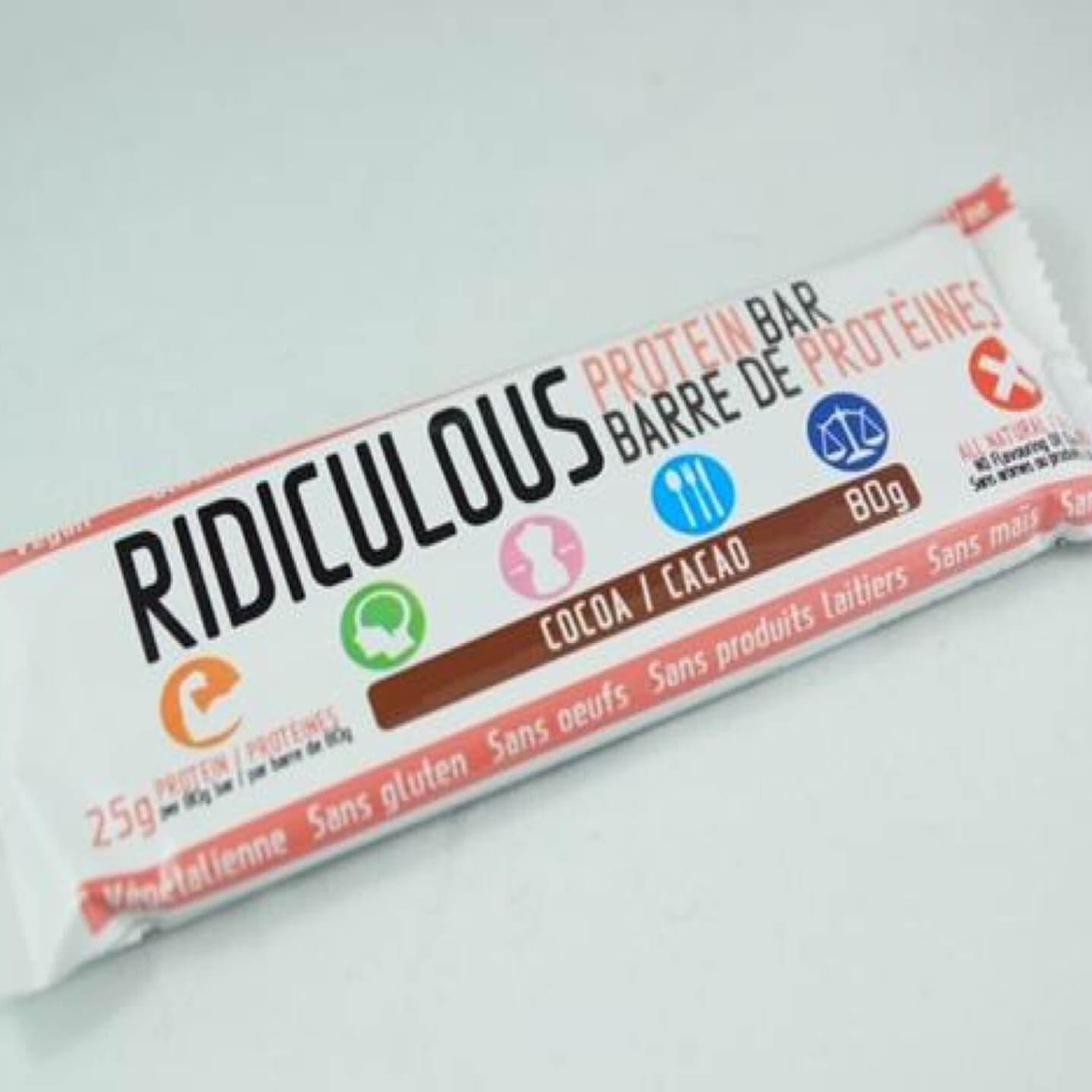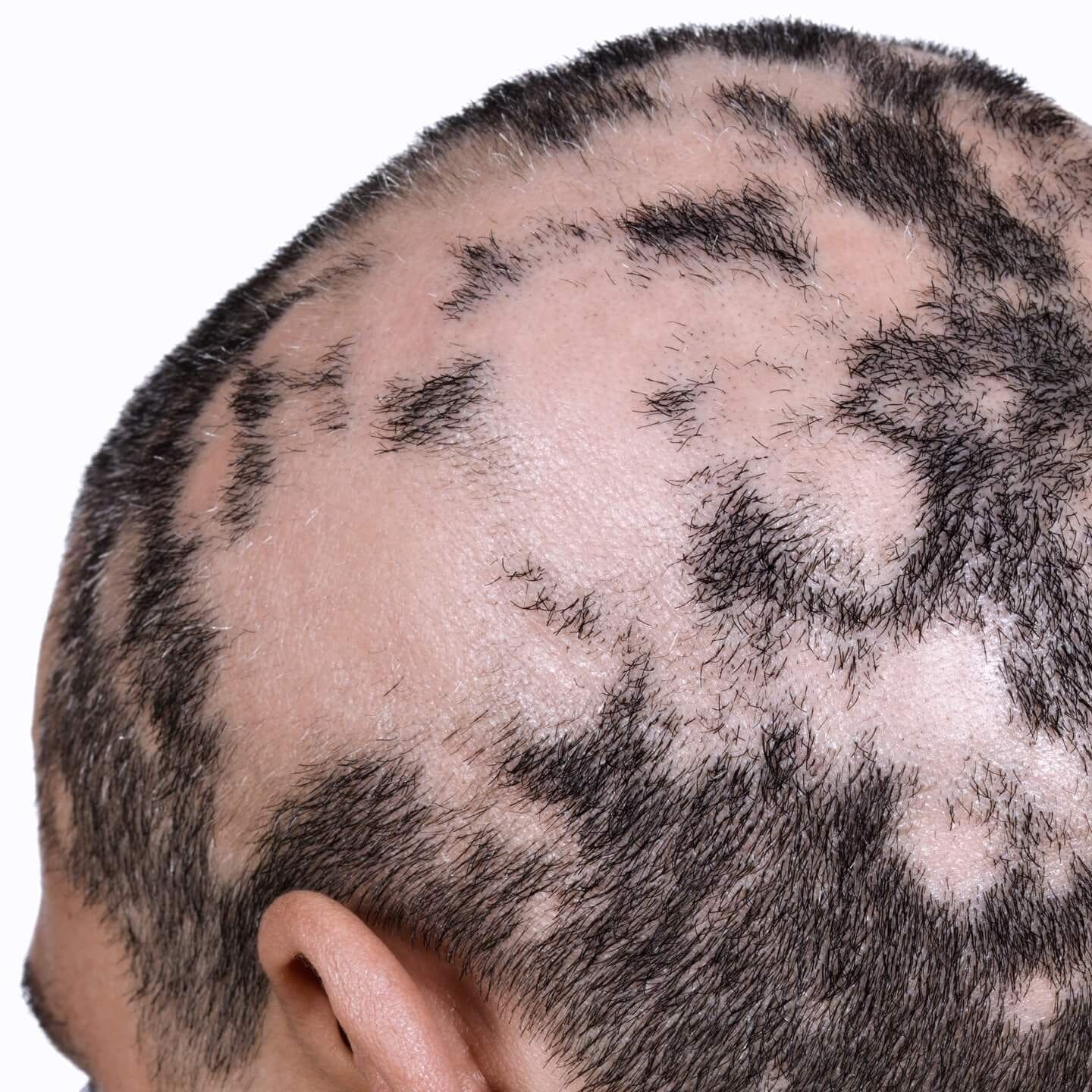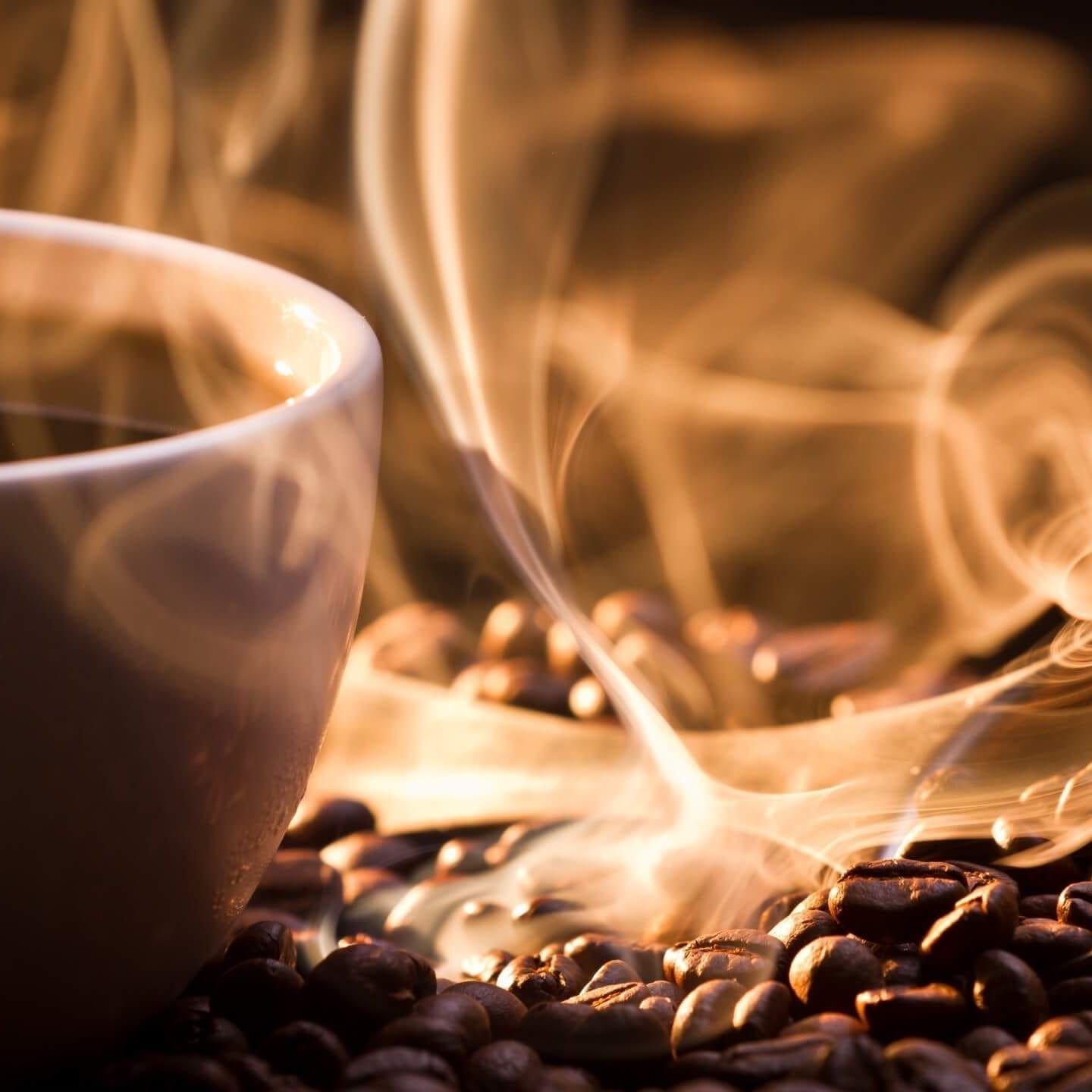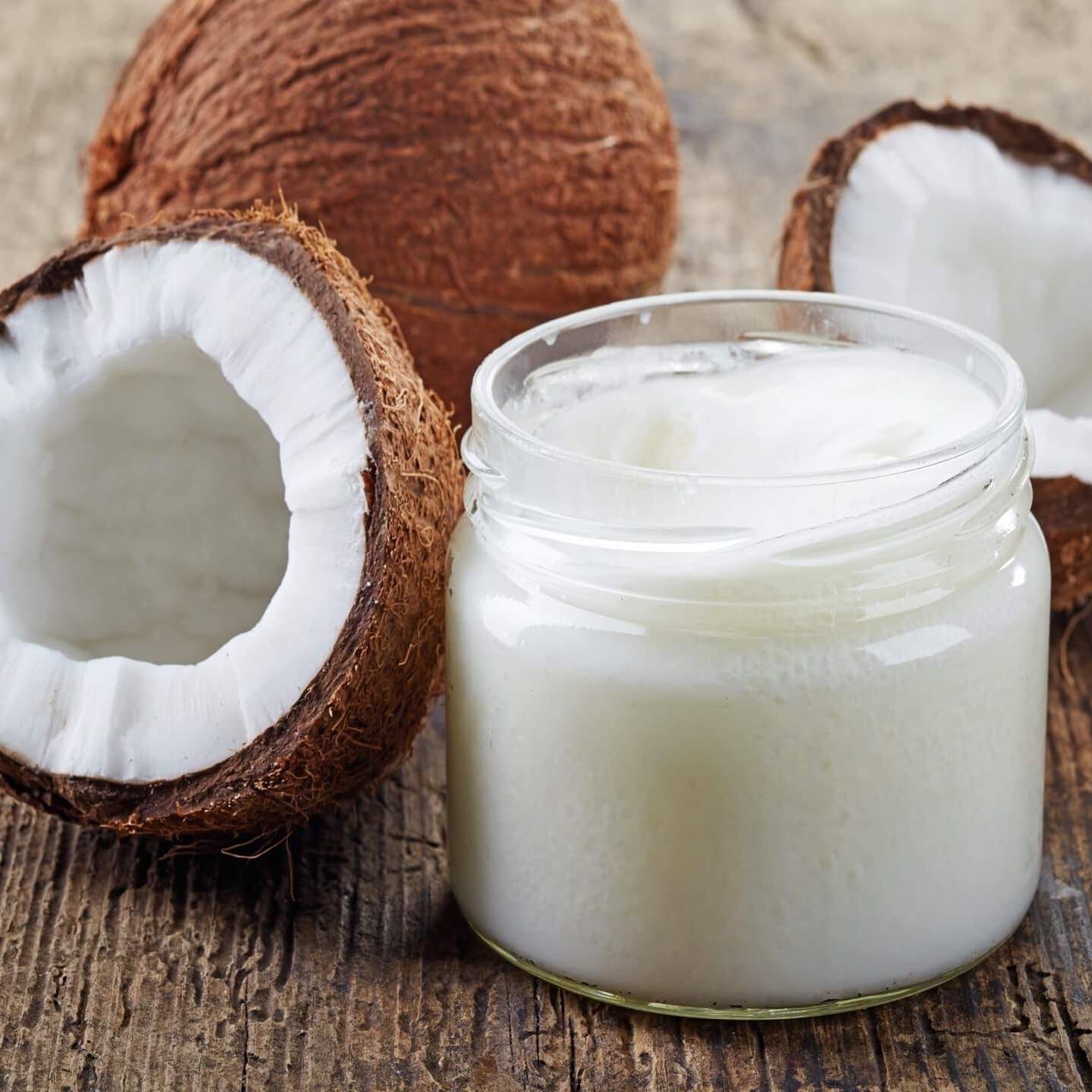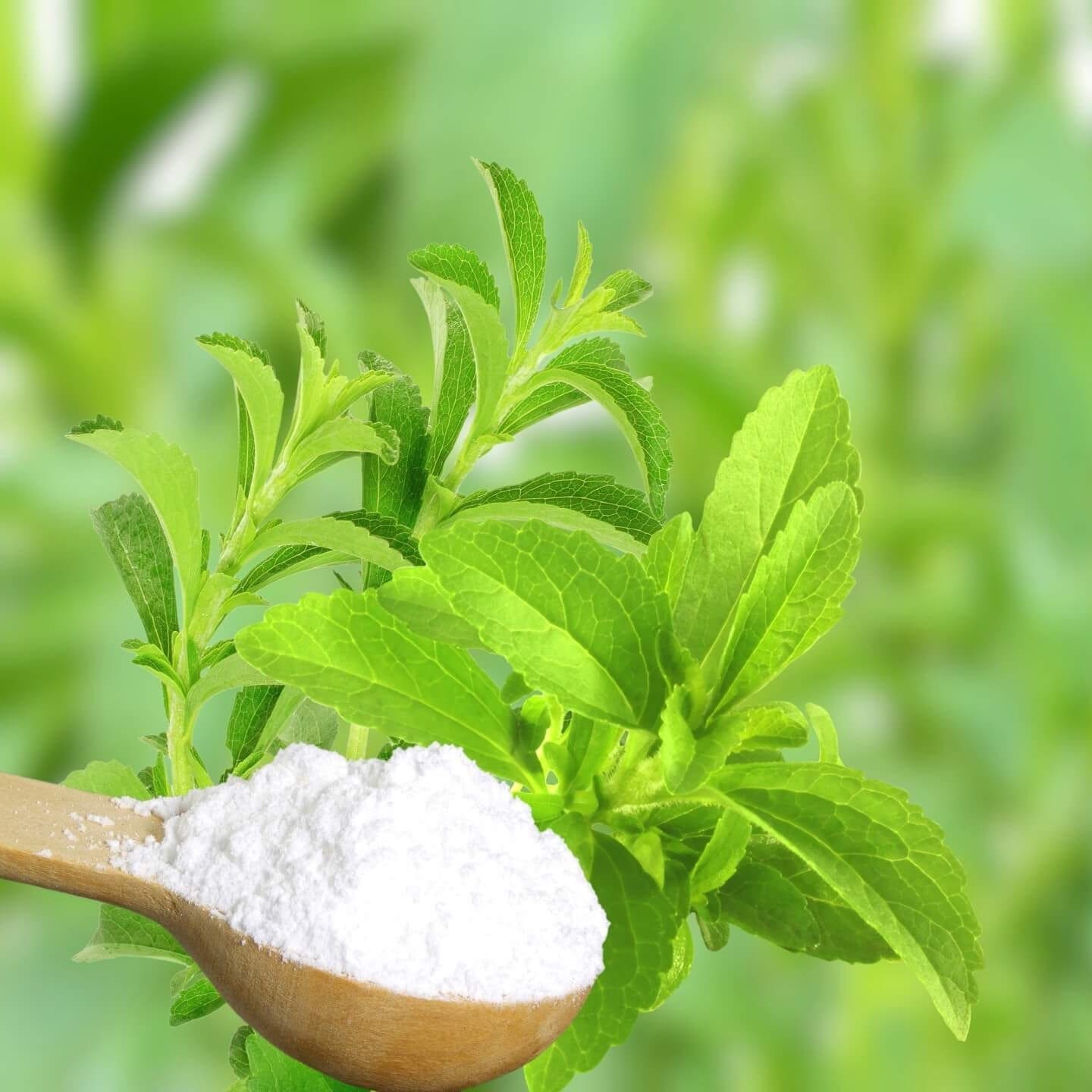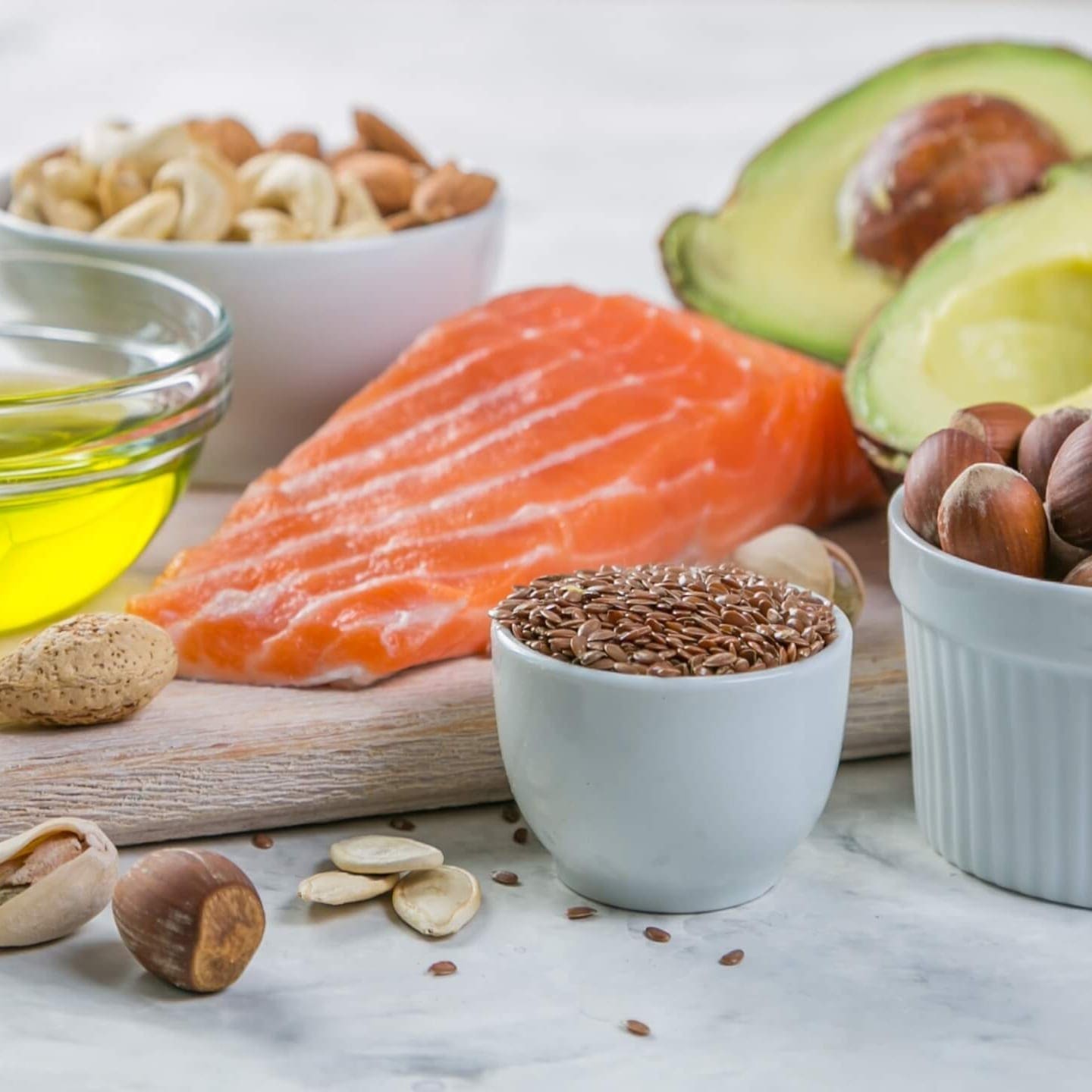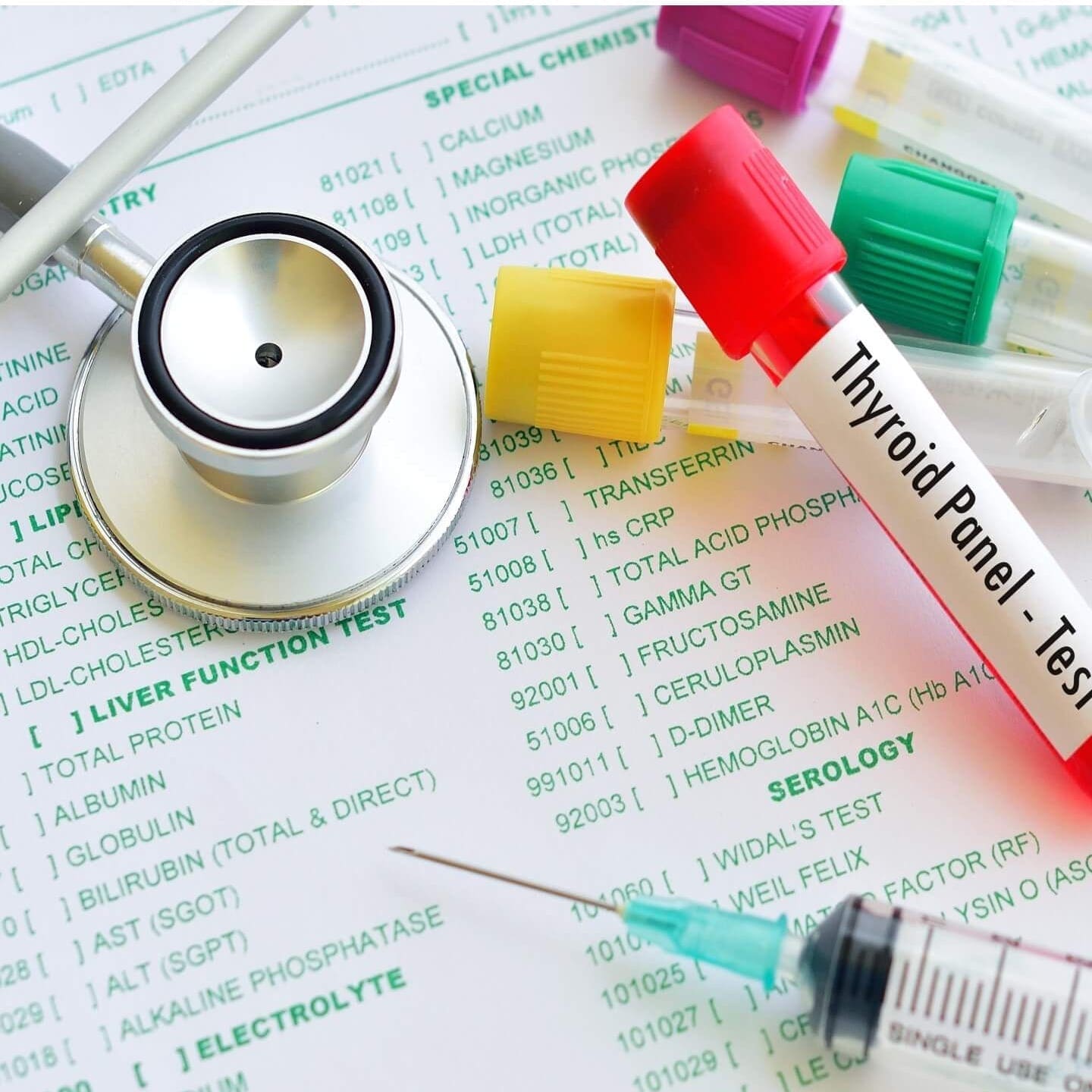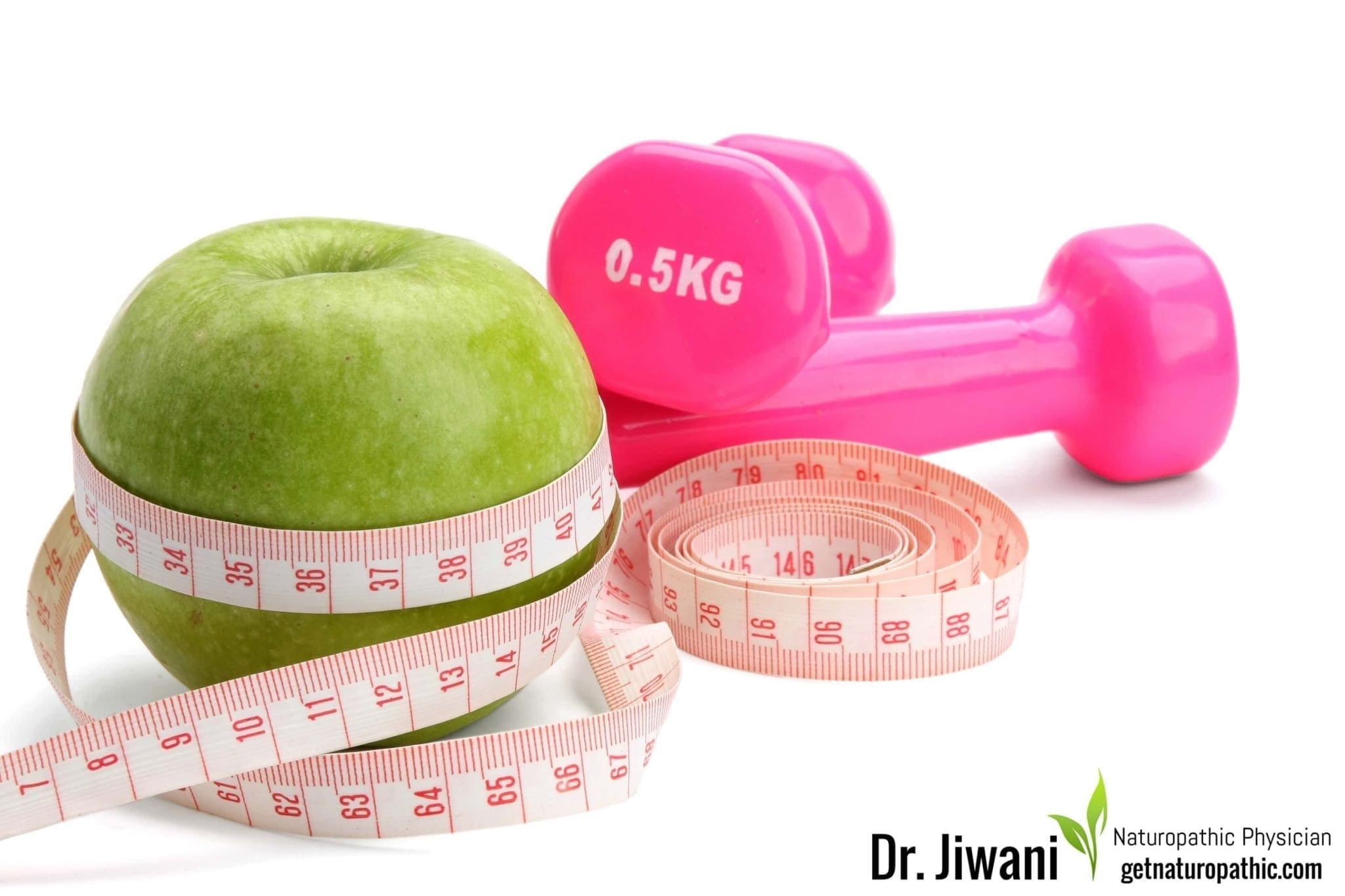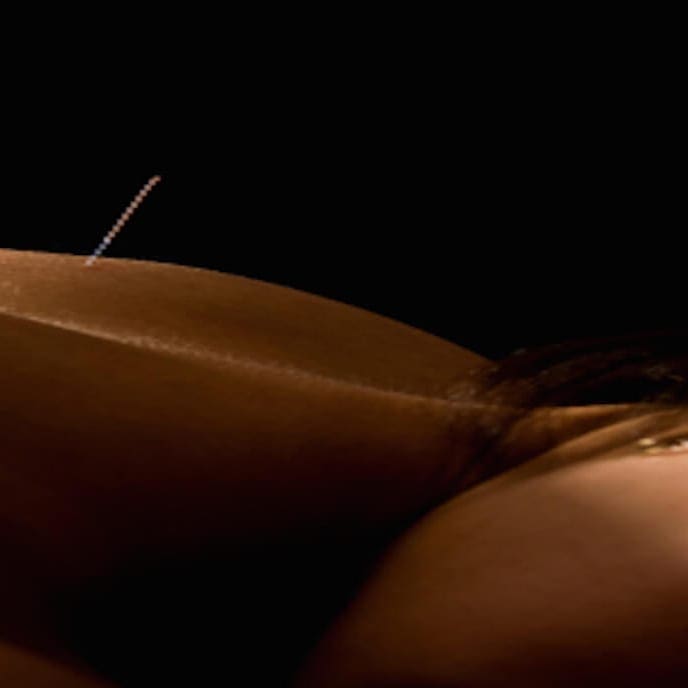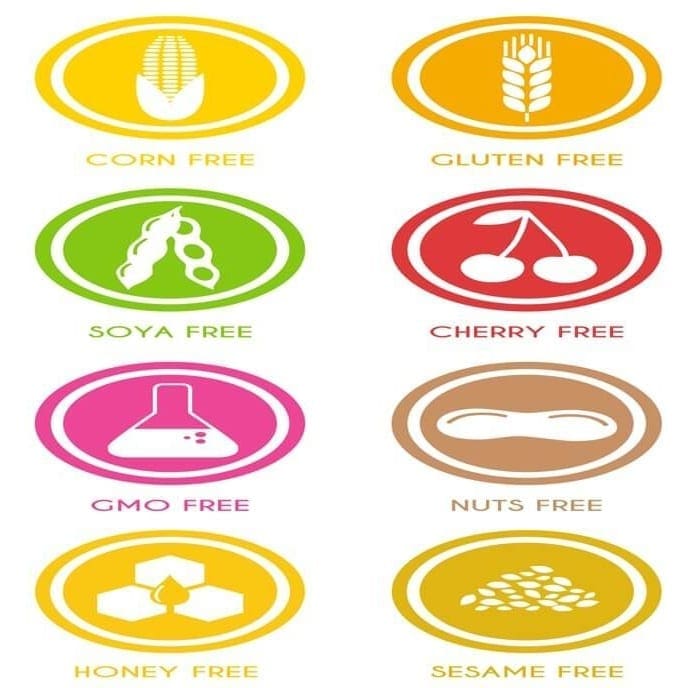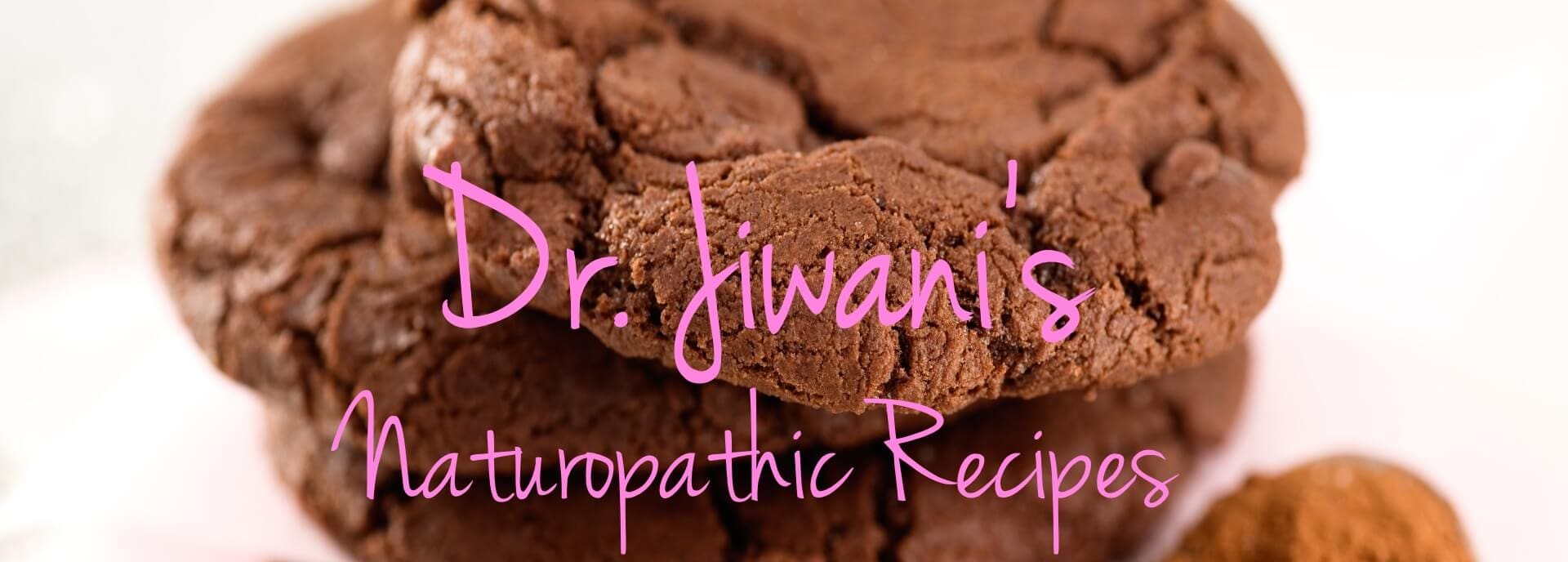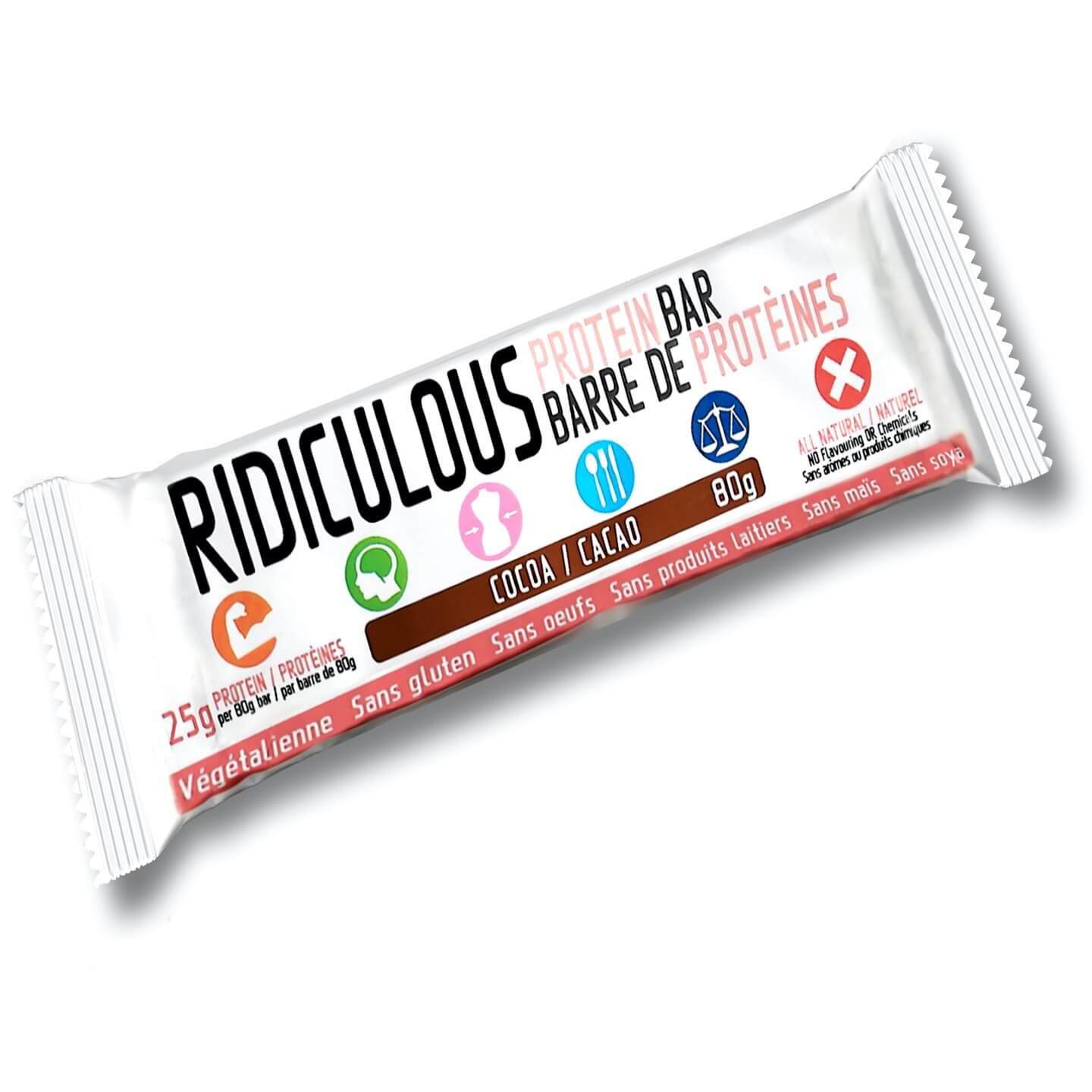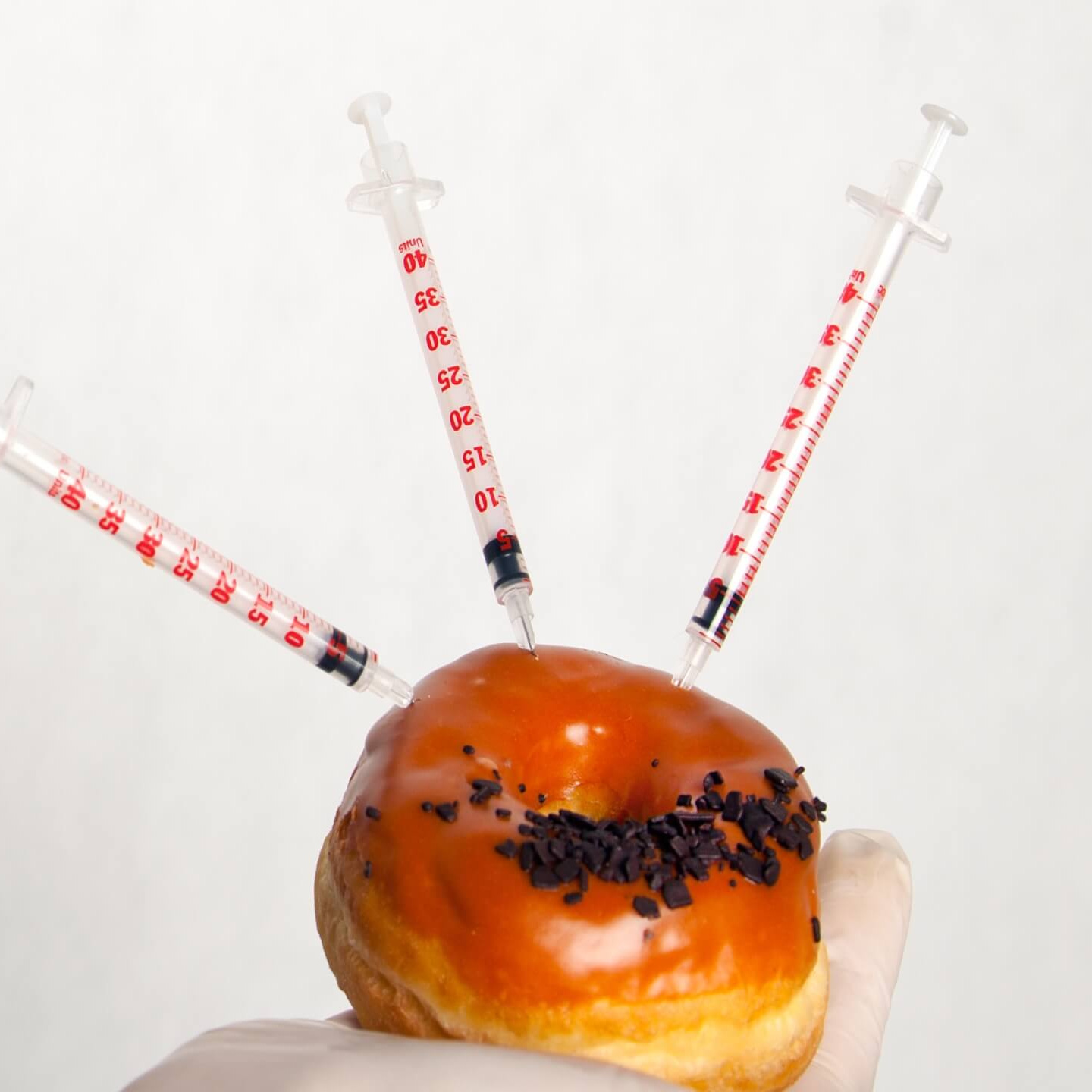Home »
Popular Posts
The Weight Loss Debate: Exercise Vs. Diet In The Battle Of The Bulge
Naturopathic Nuggets about Weight Loss
- For weight loss & maintenance, Diet wins hands down over Exercise in the battle of the bulge.
- Diet is to achieve your optimal weight & health. Exercise helps you maintain it.
- Research shows diets with more protein & fat & less carbohydrates is far superior to calorie counting for healthy weight loss.
- There is no ideal Diet for everyone however, as we are all biochemically unique. Work with a licensed naturopathic physician for a more individualized approach.
- Many health concerns can affect weight loss, including food allergies, low thyroid, diabetes, hormonal imbalance, autoimmune disease & adrenal fatigue.
Weight loss can be a lifelong challenge for many of us. The battle of the bulge has brought about much debate as to whether exercise or diet will help us reach our goal. Is it the heart healthy effects of exercise or the chemistry of diet changes that will lead you to your ideal healthy, lean shape? The latest research reveals the answers.
The Wrong Recipe For Weight Loss
Initially, weight loss involved just calorie calculations. The theory was that if you eat less calories than you burn, your body would have a calorie deficit. This calorie deficit would determine the amount of weight you could lose. This approach is called Calorie Restriction. The problem is that you would need to cut 500 calories per day to lose just one pound of fat per week! For a 150 lb sedentary woman who requires 1500 calories a day, this means a 33% daily calorie reduction.
Here are some examples of items that have five hundred calories (500 cal):
- Specialty Iced Coffee, Large
- Bagel with Cream Cheese
- Belgian Waffle with Maple Syrup
- Hamburger, Large Fast Food Chain
- Bacon, 4 Slices
- Ham Sandwich, 6 inch No Cheese/Sauce
- Potato Chips 100 g or 3.5 oz
- Cheese 1/2 cup or 4 oz
- Candy Bars, Regular Size, 2
- Candies, Standard Bag, 2
- Butter, 4 tablespoons
Starving Is Not The Answer
The other problem with calorie restriction is that it can trigger the body to go into starvation mode. A low calorie diet causes a famine response in the body, which lowers the metabolism to keep energy stores for the future. Just consuming three meals a day allows one to burn ten percent more calories than if any meal was skipped.
Yo-Yo Dieting Makes You Fatter & Unhealthier In The Long Run
In fact, repeated low calorie dieters have a twenty-five percent more active fat storing capability. The resultant yo-yo dieting syndrome of weight loss and gain causes weight redistribution from thighs and hips to the abdominal area increasing one’s risk of heart disease and diabetes. Of course the weight lost is muscle and the gain is fat. Actually, even more muscle is lost if an exercise regimen is added to a lowered calorie intake, as it exaggerates the starvation response.
Why Exercise Won’t Help Weight Loss
There are a 5 key reasons why exercise is not the answer to your weight loss goals.
1. Exercise Is A Really Inefficient Way To Burn Calories
Using exercise to burn calories is much harder than eating less calories. For example, in order to lose one pound of fat per week, you can either reduce your daily intake by 500 calories or exercise 5 hours per day (Foster-Schubert et al. 2012). Twenty-five years of weight loss research analyzing over seven hundred studies found shocking results. Diet caused 368% more weight loss than exercise. Surprisingly, adding exercise to dieting only increased weight loss by 3% over diet alone (Miller et al. 1997).
2. Exercise Calories Are Like A Drop In The Ocean
You burn most of your calories just living & breathing. Comparatively, the number of calories burned from a typical exercise session are negligible, like a drop in the ocean. The small amounts of calories burned do not accumulate either as the body adapts.
3. Calories Eaten Vs. Calories Burned: Often Misjudged
Studies show that people tend to overestimate how many calories they burn and underestimate how many calories they eat (Ambler 1998). Interestingly, one study found individuals overestimated calories burned by over 300% and underestimated calorie intake by up to 300% (Willbond et al. 2010).
4. Exercise Causes You To Eat More
Exercise stimulates hormones that trigger your appetite. So even if you do spend the time walking or running to burn 500 calories, your body wants you to eat those calories quickly to make up for the loss.
5. Sometimes Exercise Can Be Detrimental To Your Health
If exercising causes you so much fatigue that you are exhausted and more inactive afterwards, it may not be worth it. Exercise is a stress on your system. People with adrenal fatigue or who are burnt out from chronic stress may find exercise to be harmful. It is important to listen to your body.
Exercise Is More For Overall Health Than For Weight Loss
For most people, exercise is beneficial. These benefits go beyond burning calories and increasing muscle mass. Studies now acknowledge the profound effect of exercise in the prevention of many chronic diseases and early death. In fact, the more you exercise, the better your health status.
Exercise improves the following diseases (Warbuton et al. 2006) including:
- Cancer
- Depression
- Diabetes Type II
- Heart Disease
- High Blood Pressure
- High Cholesterol
- Obesity
- Osteoarthritis
- Osteoporosis
- Stress (Adrenal Fatigue)
Note that the many benefits of exercise do not include weight loss!
The Secret To Weight Loss
The ultimate key to weight loss is diet, not dieting. Diet is the food that you normally eat and drink, whereas dieting is often associated with deprivation. The feeling of being deprived is the reason why many people find weight loss so difficult. On the other hand, research has shown that diet for weight loss goes beyond calorie restriction. Science now confirms that a calorie is not just a calorie to the body. Successful weight loss has to do with specific adjustments of protein, fat & carbohydrate ratios.
Which Diet Is The Right One For You?
There are dozens of different diets promoted, many of which contradict each other. This leads to confusion & diet fatigue. The issue here is that no one perfect diet fits everyone. Your individual makeup must be considered in determining the best diet for your optimal weight & health. Research emphasizes a focus on the quality of food rather than quantity (calories). One twenty year study examined the quality of food on weight loss. This trial included 120,000 healthy men & women and found weight gain for those consuming low quality foods (Mozaffarian et al. 2011) and weight loss for those eating high quality foods. This outcome discredits the theory of only calorie counting and, for example, the twinkie weight loss diet.
The Battle Of The Bulge Is A Complex Problem
Low quality foods linked to weight gain in the Mozaffarian study included the categories of grains, starches, fats & sugars. On the contrary, weight loss was associated with high quality foods such as vegetables, nuts, fruits, yogurt & whole grains. The researchers deduced that eating high quality foods automatically helps to reduce calorie intake (Mozaffarian et al. 2011).
Carbohydrates: The “Heavyweight” Contender
Studies have shown that adjusting protein, fat & carb ratios is most effective for weight loss. For many years, high carbohydrate, low fat diets were the foremost recommendation. This theory was defeated over time. In fact, one study examined weight loss & intakes of various amounts of carbohydrates on overweight premenopausal women. The most weight loss was found with very low carbohydrate intakes. In fact, this group had the most improvements in body fat, cholesterol, blood sugar & blood pressure as well. It was concluded that optimal weight loss may come from a low carb, high protein, high fat diet for many (Gardner et al. 2007).
Proteins: The Lean, Mean Fat-Fighting Machine
A higher protein & fat diet tends to increase weight loss. This diet tends to be satisfying, naturally reducing calories and suppressing appetite (Astrup et al. 2004). Actually, in 2010 the role of protein & glycemic index was highlighted for weight loss maintenance. Diets with low protein & high glycemic foods caused greater weight regain. Comparatively, optimal weight maintenance was found with higher protein & lower glycemic foods (Larsen et al. 2010).
Unique Lives, Unique Diets
Our genetics create our differences. We are all biochemically unique. It is these differences that explain why we can’t all eat the same way. Lucretius, a Roman philosopher, stated “One man’s meat is another man’s poison”. This is why each of us may require an individualized dietary strategy for healthy weight loss. It is also crucial to remember that other factors may need to be considered. One study found group counseling improved weight loss and prevented weight regain (Sacks et al. 2009). We are not only what we eat, but how we behave, think, feel and socialize. All of these factors can influence your weight.
Health concerns that may affect weight loss:
- Adrenal Fatigue
- Autoimmune Disease
- Food Allergies
- Hormonal Imbalance
- Insulin Resistance & Diabetes
- Metabolic Syndrome
- Thyroid (Slow Metabolism)
- Toxicity
The Winning Punch
It’s important to realize that weight gain is often a symptom of poor health. In turn, health issues may affect weight loss. So it becomes a vicious cycle that may require professional supervision. Ultimately, maximum weight loss is best achieved through dietary changes rather than exercise. Try to diet for your optimal health & weight and exercise to maintain it. Whatever the appropriate diet is for you, it’s important to be consistent, move past your mistakes, and focus on healthy recipes. Consult a licensed naturopathic physician or your doctor before starting any weight loss plan.
Related Unique Lives, Unique Diets
References
Ambler C, Eliakim A, Brasel JA, Lee WN, Burke G, Cooper DM. Fitness and the effect of exercise training on the dietary intake of healthy adolescents. International Journal of Obesity. 1998 Apr 1;22(4):354-62.
Astrup A, Larsen TM, Harper A. Atkins and other low-carbohydrate diets: hoax or an effective tool for weight loss?. The Lancet. 2004 Sep 10;364(9437):897-9.
Foster‐Schubert KE, Alfano CM, Duggan CR, Xiao L, Campbell KL, Kong A, Bain CE, Wang CY, Blackburn GL, McTiernan A. Effect of diet and exercise, alone or combined, on weight and body composition in overweight‐to‐obese postmenopausal women. Obesity. 2012 Aug 1;20(8):1628-38.
Gardner CD, Kiazand A, Alhassan S, Kim S, Stafford RS, Balise RR, Kraemer HC, King AC. Comparison of the Atkins, Zone, Ornish, and LEARN diets for change in weight and related risk factors among overweight premenopausal women: the A TO Z Weight Loss Study: a randomized trial. Jama. 2007 Mar 7;297(9):969-77.
Larsen TM, Dalskov SM, van Baak M, Jebb SA, Papadaki A, Pfeiffer AF, Martinez JA, Handjieva-Darlenska T, Kunešová M, Pihlsgård M, Stender S. Diets with high or low protein content and glycemic index for weight-loss maintenance. New England Journal of Medicine. 2010 Nov 25;363(22):2102-13.
Miller WC, Koceja DM, Hamilton EJ. A meta-analysis of the past 25 years of weight loss research using diet, exercise or diet plus exercise intervention. International Journal of Obesity. 1997 Dec;21(10):941-7.
Mozaffarian D, Hao T, Rimm EB, Willett WC, Hu FB. Changes in diet and lifestyle and long-term weight gain in women and men. New England Journal of Medicine. 2011 Jun 23;2011(364):2392-404.
Pagoto SL, Appelhans BM. A call for an end to the diet debates. Journal of American Medical Association. 2013 Aug 21;310(7):687-8.
Park, M. (2010). Twinkie diet helps nutrition professor lose 27 pounds. CNN. [online] Available at: http://www.cnn.com/2010/HEALTH/11/08/twinkie.diet.professor/index.html [Accessed 30 Apr 2017].
Sacks FM, Bray GA, Carey VJ, Smith SR, Ryan DH, Anton SD, McManus K, Champagne CM, Bishop LM, Laranjo N, Leboff MS. Comparison of weight-loss diets with different compositions of fat, protein, and carbohydrates. N Engl J Med. 2009 Feb 26;2009(360):859-73.
Warburton DE, Nicol CW, Bredin SS. Health benefits of physical activity: the evidence. Canadian Medical Association Journal. 2006 Mar 14;174(6):801-9.
Willbond SM, Laviolette MA, Duval K, Doucet E. Normal weight men and women overestimate exercise energy expenditure. The Journal Of Sports Medicine And Physical Fitness. 2010 Dec;50(4):377-84.
This information is for educational purposes only and does not advocate self-diagnosis. Due to individual variability, consultation with a licensed health professional, such as a licensed naturopathic physician is highly recommended, prior to starting a natural treatment plan. For further information, see Terms of our Website.
Follow Dr. Jiwani
Popular Posts


